- Telephone
- Email
AbCF acknowledge the Traditional Owners of the lands where we work and live and pay our respect to Elders past, present and emerging and celebrate the stories, culture and traditions of Aboriginal and Torres Strait Islander Peoples of all Communities. AbCF acknowledges, respects and honours Indigenous peoples vital role in caring for country in the past and stress the importance of this continued practice into the future.
WARNING: Aboriginal and Torres Strait Islander viewers please be aware that content on this website may contain images, voices and or names of people who have passed away.

Professor Marcia Langton holds the Chair of Australian Indigenous Studies at the University of Melbourne, and was appointed Distinguished Redmond Barry Chair. She is an anthropologist and geographer and is widely-published on topics in Australian Indigenous Studies, including Aboriginal land tenure, Aboriginal art and Indigenous agreement-making. Professor Langton was appointed a Member of the Order of Australia in 1993 for services to anthropology and advocacy of Aboriginal rights. She is a Fellow of the Academy of Social Sciences in Australia. In 2017, Professor Langton was appointed as the first Associate Provost at the University of Melbourne. Her research interests lie in the areas of political and legal anthropology, Indigenous agreements and engagement with the minerals industry, and Indigenous culture and art. She established and managed several collaborative research projects (funded by the ARC and Industry partners in a sequence of ARC Linkage grants) in the fields of Indigenous agreement making and implementation, overcoming poverty and marginalisation by establishing good practice in governance and distribution of mining benefits, and traditional resource rights.
Professor Langton has a track record in traditional Indigenous knowledge systems, digital technologies, and developed critical methodologies for researchers, including scientists, social scientists and historians, in the challenges of sustaining cultural knowledge and biological diversity in Aboriginal societies.
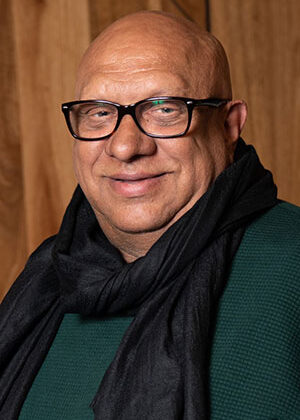
Phil Duncan is from Moree New South Wales and is a member of the Gomeroi Nation and an elected representative of the Gomeroi Nation Native Title Claimant Group. His homelands are Moree and Terry Hie Hie, and he has a strong connection to the Wurundjeri nation.. Phil has over 38 years’ experience working with Aboriginal people and government to improve the lives of Aboriginal people through recognition of our rich cultural history, the return of our lands, the improvement of our living conditions and education of our next generation through both his employment and active volunteer community work. Phil provides high level policy and strategic advice and leadership to key Indigenous Representative Organisations, universities, State and Federal government agencies as well as key external stakeholder groups. His strategic advice, leadership and engagement is around issues of culture and heritage significance, community engagement in on-ground projects, as well as the design, delivery and implementation of programs in partnership with government. Phil has made significant contributions in a variety of domains from education and organisational reconciliation action through to areas of focus such as natural resource management, freshwater river management, forestry, native fish, water rights and allocations. Phil has strong interpersonal, caring, and networking abilities enabling him to engage inclusively and genuinely across boundaries (individual and organisational). He is active in managing and maintaining connections and representing and understanding different viewpoints which can be applied to creating trusting and collaborative relationships.
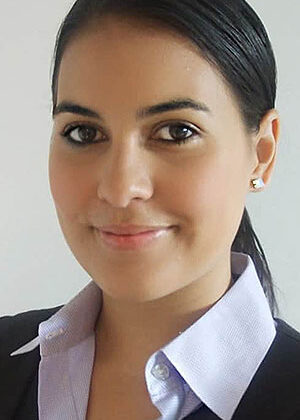
Jayde Geia is a proud Aboriginal and Torres Strait Islander woman, with strong family connections to the Bwgcolman, Gunggandji, and Mualgal communities. A passionate advocate for social justice and community empowerment, Jayde brings a wealth of expertise as a qualified lawyer and consultant.
With a distinguished career spanning roles as a Judge’s Associate, solicitor, in-house legal counsel, and manager at Ernst & Young, Jayde’s leadership and commitment to advancing First Nations voices across industries is truly inspiring. Notably, Jayde is a Griffith University Law alumna, where she and her mother share a legacy as law graduates.
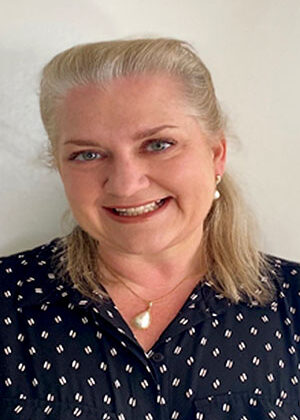
Katie Stride is the National Native Title Judicial Registrar for the Federal Court of Australia, having worked in Indigenous legal, government and NGO roles for the past 25 years across Qld, WA and the ACT. She is committed to identifying and developing capacity building opportunities for Aboriginal and Torres Strait Islander Peoples.
Katie is working towards an LLM (Sustainable Development) focussing on the Indigenous estate and its interface with environmental issues, including climate change. This study builds on Katie’s extensive experience in negotiating and mediating Indigenous Land use Agreements and other similar agreements.
She brings a wealth of relevant experience, skills and enthusiasm to the ABF Board.

Michaela is an Environmental Law expert and has practised law as well as taught and undertaken research in this area of law at the University of Cape Town, South Africa. She joined Ndevr Environmental, a specialist carbon and human rights consultancy, in 2017. Michaela has extensive experience working with Australia’s Carbon and Energy regulatory framework, including the ERF. She works both on audits and advisory in this space, with experience spanning across all the land-based Methods under the ERF. Michaela also serves as a founding member of Ndevr’s Reconciliation Action Plan Working Group, and plays a leading role in developing Ndevr’s Human Rights advisory services.
Michaela has also served on the Board of Trustees of one of Africa’s largest Conservation Trust Funds, administered by WWF (the Table Mountain Fund) and has worked as the Managing Editor of an international, academic Journal, the IUCN Academy of Environmental Law EJournal, and spent many years supporting the Environmental Law Association of South Africa, organising national conferences, hosting and presenting seminars.
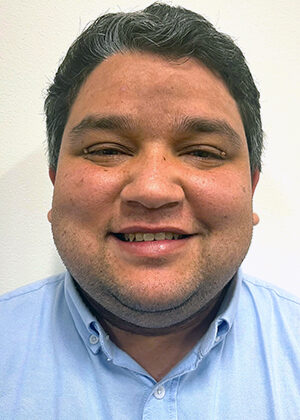
Jerome is a proud Kalkadoon man from Mount Isa in North West Queensland. He is also a descendant of the Waanyi, Gangalidda, Lardil and Pitta Pitta peoples. Jerome has a strong a passion for Aboriginal and Torres Strait Islander development and has completed a Bachelor of Arts Degree Majoring in Indigenous Studies at Griffith University. His career pathway has primarily been in Government, both Federal and State, focusing on constituent engagement and stakeholder management. He has two years of experience in the private sector as the Chief of Staff at an Indigenous Advisory firm, engaging with First Nations peoples to ensure commercial benefits to their communities.
Jerome is currently a Manager in the Queensland Department of Department of Treaty, Aboriginal and Torres Strait Islander Partnerships, Communities and the Arts. He aims to use his lived experience as an Aboriginal man and professional engagement experience to enable our people to be the decision makers for their economic futures.
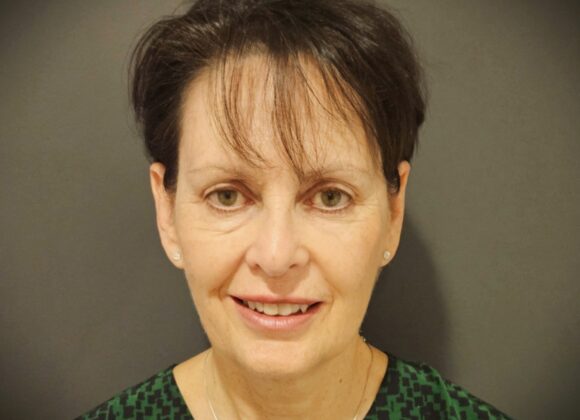
Elaine Farrelly is an experienced non-executive director and Chartered Accountant who brings more than 15 years of boardroom experience, and a strong commercial background built across both the corporate and not-for-profit sectors. Her expertise spans governance, financial oversight, strategic planning, and risk management—skills she now channels into supporting community-led initiatives that promote sustainability and social impact.
Elaine is a Fellow of the Australian Institute of Company Directors and has served on the boards and sub-committees of organisations across diverse industries. She brings robust accountability and governance to the organisations she serves.
Throughout her executive career, Elaine held leadership roles with national and international organisations such as KPMG, Optus, Fairfax Media, and the Movember Foundation. Her time with Save the Children in Cambodia sparked a long-standing commitment to equity and community resilience—values that resonate deeply with the Aboriginal Carbon Foundation’s mission to support Indigenous-led carbon farming and cultural fire practices.
Elaine is deeply committed to reconciliation and the empowerment of First Nations communities. Her professional and personal values align with the Foundation’s vision of delivering “carbon projects with cultural integrity.”
© ABORIGINAL CARBON FOUNDATION 2026